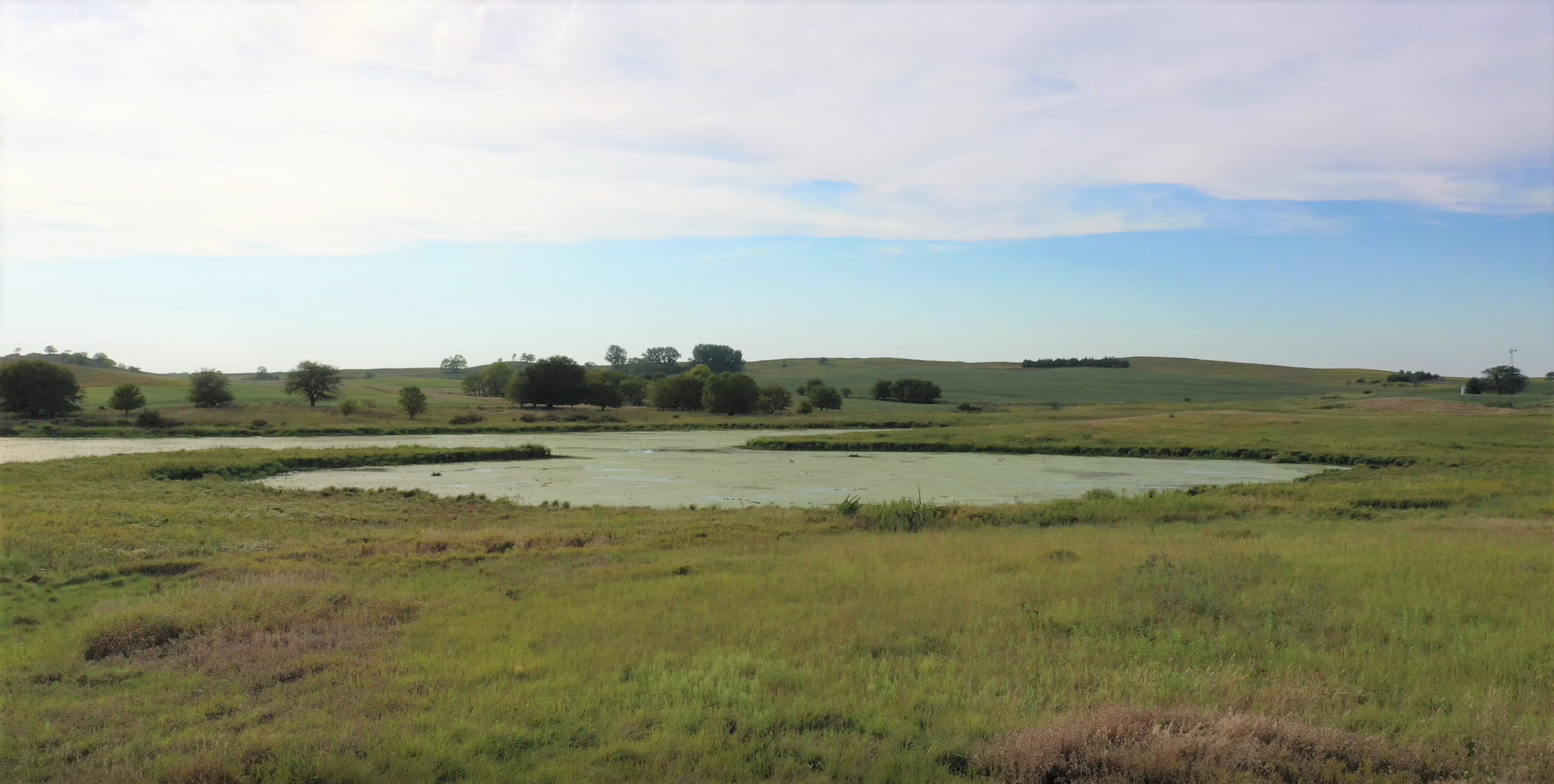The U.S. Geological Survey, in cooperation with the National Institutes for Water Resources, requests proposals for research projects to address aquatic invasive species. For the 2024 National Competitive Grants Program, proposals must address one of three priority areas:
- Effects: Research that improves our understanding of the effects of aquatic invasive species on lakes, rivers, and associated tributaries in the upper Mississippi River basin, including changes to water quantity, water quality, and ecosystem dynamics.
- Characteristics: Research that identifies physical, biological, and chemical characteristics of water bodies that infer resistance and resilience to the distribution, establishment, and effects of aquatic invasive species in the upper Mississippi River basin. Research is needed to better understand these interactions to guide management decisions that will improve invasive species management and result in positive effects on aquatic ecosystems.
- Management: Research on assessment of the detection, spread, and management of aquatic invasive species in the upper Mississippi River basin and the connections to human dimensions, both socially and economically. Note that this does not include physical control of AIS.
Any investigator at an accredited institution of higher learning in the United States is eligible to apply for a grant through a Water Research Institute or Center established under the provisions of the Water Resources Research Act of 1984, as amended (http://water.usgs.gov/wrri/index.php).
Proposals involving substantial collaboration between the USGS and university scientists are encouraged. Proposals may be for projects of 1 to 3 years with discrete 12-month budget periods, and may request up to $348,000 in federal funds. Investigators much match one non-federal dollar to each federal dollar requested.
The deadline for submissions to the Iowa Water Center is May 10, 2024 5:00 p.m. Central Time. Investigators are encouraged to read through the Iowa Submission Guidelines prior to reviewing the FY2024 announcement.
